)
)
International School Education fosters Excellence and Diversity
In an era marked by globalization and cultural integration, the role of education extends beyond traditional boundaries. An International school can be a dynamic hub of learning that not only impart academic knowledge but also celebrates diversity, fosters global perspectives, and prepares students for a future where success is intertwined with cultural competence.
Summary
This article delves into the multifaceted benefits of an international school education, emphasizing the transformative impact it has on students and the invaluable skills they acquire through exposure to a global community.
Cultural Mosaic: A Tapestry of Diversity
At the heart of an international school lies its diverse student body, representing an amalgamation of cultures, languages, and backgrounds. This diversity is a powerful catalyst for broadening perspectives and nurturing cultural intelligence. Unlike traditional schools, where the majority may share a similar cultural heritage, international schools bring together students from across the globe. This rich cultural mosaic creates a learning environment where students engage in daily interactions with peers from different countries, fostering an understanding of global perspectives that extends far beyond the confines of a textbook. The multicultural milieu nurtures a sense of empathy, tolerance, and appreciation for differences, preparing students to thrive in an interconnected world.
The beauty of this diversity lies not just in its representation but in the daily exchange of ideas and experiences. Students at international schools become cultural ambassadors, sharing aspects of their own heritage while absorbing the richness of others. This continuous interplay of traditions and customs fosters a unique sense of belonging and community. It transcends the mere acknowledgment of differences; it celebrates them. Through cultural exchange programs, festivals, and collaborative projects, international schools cultivate an environment where every student is an active participant in a global tapestry, weaving a narrative of unity in diversity.
Language Fluency: A Gateway to Global Communication
One of the inherent benefits of attending an international school is the exposure to a multilingual environment. Many international schools conduct classes in multiple languages, providing students with the opportunity to become fluent in languages beyond their native tongue. The ability to communicate effectively in various languages is not only a practical skill but also a valuable asset in today's globalized job market. Language fluency enhances cross-cultural communication, breaking down linguistic barriers and facilitating meaningful connections. Beyond the academic curriculum, the daily interactions with classmates who speak different languages contribute to the development of linguistic proficiency and an appreciation for the nuances of effective communication.
The bilingual or multilingual nature of instruction in international schools goes beyond language acquisition. It fosters a unique cognitive flexibility that allows students to navigate seamlessly between different linguistic and cultural contexts. This adaptability becomes a defining trait, preparing students for a future where the ability to connect with people from diverse linguistic backgrounds is a considerable advantage. Moreover, language proficiency extends beyond mere communication; it is a gateway to understanding the nuances of different cultures, literature, and thought processes. Through literature, debates, and collaborative projects, international schools ensure that language becomes a bridge, not a barrier, to meaningful global engagement.
Academic Rigor: Globally Recognized Curricula
nternational schools often adopt globally recognized curricula, such as the International Baccalaureate (IB) or Cambridge International Examinations (CIE). These curricula prioritize a comprehensive and inquiry-based approach to learning, transcending traditional rote memorization. The emphasis is on developing critical thinking skills, encouraging students to question, analyze, and apply knowledge in real-world contexts. The academic rigor prepares students not only for higher education but also for the complexities of a rapidly evolving global landscape. The globally recognized nature of these curricula ensures that students receive an education that is benchmarked against international standards, enhancing their competitiveness on a global scale.
The International Baccalaureate (IB) program, for example, is designed to cultivate well-rounded individuals who are not only academically proficient but also socially conscious and globally aware. The curriculum extends beyond traditional subjects, incorporating elements of creativity, activity, service (CAS), and the theory of knowledge (TOK). This holistic approach ensures that students graduate with a deep understanding of the interconnectedness of knowledge and its application in real-world scenarios. Similarly, Cambridge International Examinations focus on a broad skill set, preparing students for success not only in exams but also in navigating the complexities of a rapidly evolving global landscape.
In international schools, education is not confined to textbooks and examinations. The focus is on developing skills that are transferable across disciplines and applicable in diverse global contexts. The emphasis on interdisciplinary learning and real-world application ensures that students graduate with a profound understanding of how their education translates into meaningful contributions to society.
Holistic Development: Beyond Academics
An international school education is not confined to the academic realm; it extends to the holistic development of students. These schools often offer a plethora of extracurricular activities, ranging from sports and arts to community service. Participation in clubs, sports teams, and cultural events provides students with opportunities to explore their passions, develop leadership skills, and foster a sense of community. The emphasis on a well-rounded education goes hand in hand with preparing students for life beyond the classroom. The diverse array of activities nurtures creativity, teamwork, and resilience, essential qualities for success in an interconnected and competitive global environment.
Extracurricular activities in international schools serve as laboratories for the development of essential life skills. Whether engaging in community service projects, leading a debate team, or participating in a cultural exchange program, students acquire skills that extend beyond the academic realm. The collaborative nature of these activities fosters teamwork and communication, preparing students to thrive in a global workforce where collaboration across borders is the norm. Moreover, the emphasis on cultural activities ensures that students develop an appreciation for the arts, literature, and traditions from around the world.
The holistic development extends to fostering a sense of social responsibility. Many international schools integrate community service into their curriculum, encouraging students to actively contribute to the well-being of their local and global communities. Through initiatives such as sustainability projects, outreach programs, and social entrepreneurship, students learn the value of giving back and become conscientious global citizens. The emphasis on holistic development ensures that graduates of international schools are not only academically adept but also socially aware and ethically responsible.
It's what's behind your grades that matter most
Unlike other schools, all of your courses are designed around the skills and knowledge you will need for success in university, your career and life. You discover your true strengths, talents and passions—and work closely with your teachers to develop the skills that build on them.
)
Global Citizenship: Nurturing Future Leaders
Perhaps the most profound benefit of an international school education is the cultivation of global citizenship. Students are not merely recipients of knowledge; they are active participants in a global community. The emphasis on understanding, respecting, and collaborating with individuals from diverse backgrounds instills a sense of responsibility and agency. International schools empower students to become ambassadors of positive change, equipping them with the skills and mindset needed to address global challenges. These future leaders emerge with a deep appreciation for the interconnectedness of the world and a commitment to contributing meaningfully to a more inclusive and sustainable future.
Global citizenship education in international schools goes beyond theoretical concepts. It is embedded in the daily experiences of students, from collaborative projects with peers from different countries to immersive cultural exchanges. The emphasis on intercultural understanding ensures that graduates are not only academically prepared but also emotionally intelligent and culturally competent. International schools become microcosms of the world, where students learn the art of diplomacy, collaboration, and conflict resolution through real-life experiences
Moreover, the commitment to nurturing future leaders extends to programs that focus on sustainability, social justice, and ethical leadership. Many international schools integrate these principles into their curriculum, empowering students to address pressing global issues. Whether through Model United Nations simulations, environmental initiatives, or social entrepreneurship projects, students graduate with a sense of agency and the belief that they can effect positive change in the world.
In conclusion, embracing excellence and diversity through an international school education is an investment in the holistic development of individuals who are not only academically proficient but also culturally competent. The benefits extend far beyond the classroom, preparing students to navigate a world where collaboration, understanding, and adaptability are paramount. As we embrace the globalized future, international schools stand as beacons of excellence, shaping individuals who are not only prepared for success but are also committed to creating a world that celebrates diversity and thrives on collective collaboration. International schools become crucibles of innovation, incubating the leaders, thinkers, and change-makers who will shape the future of our interconnected world.
Ready to take the next step?
Request a brochure
Receive a brochure for an in-depth look at our programs and campuses
Request a consultation
Our Enrollment Advisors are ready to answer your questions
Start your application
Apply now for the spring or fall start dates for our most popular programs



